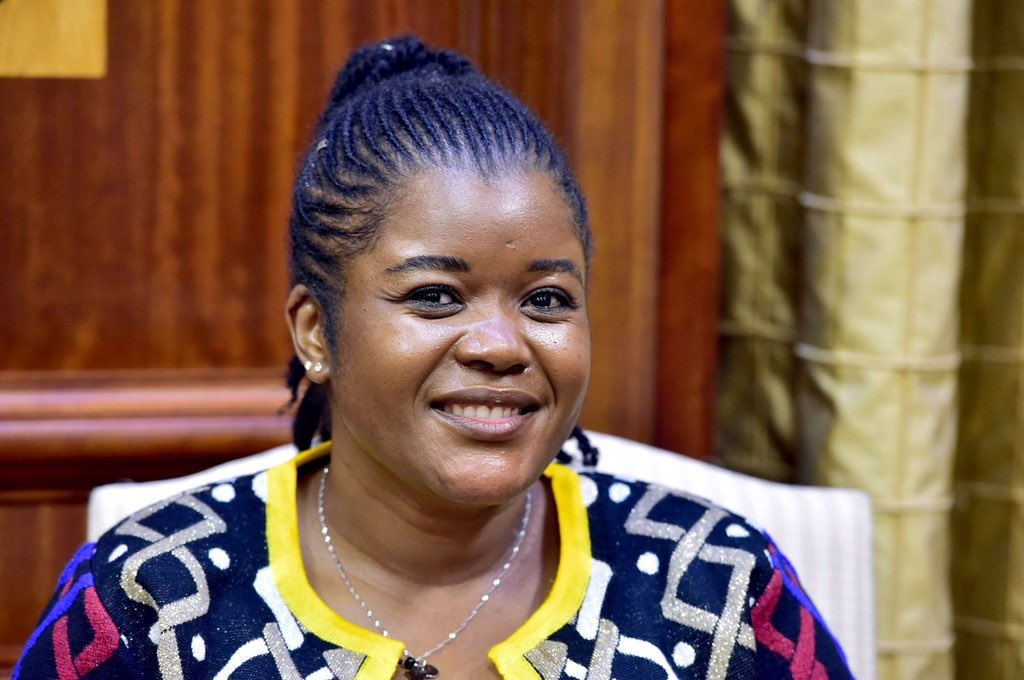Edwin Naidu
The South African education sector is on the brink of a new era, with the unexpected and intriguing appointments of Siviwe Gwarube and Nobuhle Nkabane as Minister of Basic Education and Higher Education, respectively.
Their fresh perspectives and innovative approaches promise significant change, but they were among the pleasant surprises when President Cyril Ramaphosa announced his new Government of National Unity Cabinet on Sunday.
The Democratic Alliance’s Gwarube is described as a “rising star” in political circles, though commentators say she is less experienced in terms of the portfolio’s demands.
Gwarube was elected the Chief Whip of the Opposition in the National Assembly in 2022. She began her career in politics as a professional staff member working in communications in 2012.
She then worked for the Western Cape government as a spokesperson and the Head of the Ministry for the Department of Health in the province.
Before being sworn into the National Assembly, she was the executive director of communications for the DA in the lead-up to and during the 2019 elections.
Nkabane has mainly been anonymous as deputy minister of mineral resources and energy since 2021. But her new role thrusts her into the public eye to fill the enormous shoes of Dr Blade Nzimande.
Nkabane is a National Assembly of South Africa member of the African National Congress. She was first elected an MP in the 2019 general election. Nkabane previously worked as a tutor at the University of South Africa while serving as an MP before being appointed Deputy Minister.
The two young women are being given the keys to the expanded education portfolio in the Seventh Administration which includes a standalone Science and Innovation Ministry and Sport arts and Culture under Gayton McKenzie of the Patriotic Alliance.
The long-serving former Minister of Basic Education Angie Motshekga and Nzimande have moved to Defence and the re-established Science and Innovation Ministry, respectively.
Motshekga and Nzimande have made way in education for individuals who are expected to bring a ‘winning mentality’ into the stale ways of doing things. Our country’s education system is in dire need of this kind of inspiration and motivation.
Arguably, Motshekga and Nzimande have transformed the basic education and tertiary landscape. But neither has shot out the lights.
In Basic Education, Gwarube inherits a dysfunctional system known annually for putting a positive spin on the matric examinations, even though 300,000 school leavers join the unemployment lines.
According to the Minister’s Report on Progress in International Reading Literacy Study (PIRLS), more than 80% of South Africa’s grade 4 pupils –on average nine or ten years old – cannot read for meaning. They can’t answer basic questions or draw inferences from a text they’re reading.
Turning to the tertiary sector, only a few make it to universities, while many scrap for free government training programmes via the Sector Education Training Authorities, some of which are effective, most not. The high failure rate of first-year students – and university throughput generally indicates a system churning out more failures than success stories. Yet, there is excellence.
Motshekga leaves behind a legacy of a transformer. But hers is a work in progress. Ditto: Nzimande.

Gwarube, the new appointment, however, starts on the back foot. A day before the long-awaited announcement from the dithering President, Sadtu complained about the expected Democratic Alliance appointment to the post, claiming the DA wants to destroy the union.
Let’s give Gwarube – and Nkabane a chance to lay a solid foundation for education in the 21st century.
Nzimande’s standalone Science and Innovation Ministry keeps the Minister in the power seat, but it is a demotion. The Department of Science and Innovation (DSI) has an R10,9 billion budget for the 2023/24 financial year. According to the National Treasury, the Department of Higher Education’s (DHET) expenditure will top R135,6 billion in the 2023/24 financial year.
Science is a soft portfolio for a minister who is seemingly always at war, but he is a science champion.
Let’s hope the singular focus helps South Africa step up a gear. The country needs to discuss what must be done in education to ensure the future we want and deserve. Education has a fresh start.
Minister of Sport, Arts and Culture Gayton McKenzie has his critics too. But if he succeeds in building sport at the grassroots level, getting our children healthy, and making arts and culture fashionable, it may be needed.
INSIDE EDUCATION







